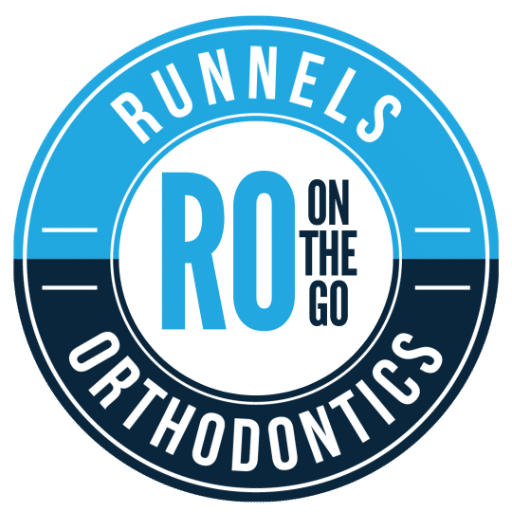Caring for someone who is developmentally disabled calls for patience, skill and love.
Ensuring those with disabilities maintain proper dental health, and receive proper dental and orthodontic care, is a challenge. At M. Scott Runnels Orthodontics and Dentofacial Orthopedics in Destin and Panama City Beach, we can help patients with developmental disabilities, and their families, to ensure proper orthodontic care is a priority.
The National Institute of Dental and Craniofacial Research offers tips for families and those who care for people with disabilities.
Everyone needs proper dental and orthodontic care for overall health and good oral health. Here is some information from the institute on helping those with developmental and other disabilities:
- Location is key: The bathroom does not have to be the only room where you can brush your teeth. For some, the dining room or kitchen may be more conducive to better and more frequent brushing because they may be more comfortable. Instead of using the bathroom sink, allow the person to sit at a table, and keep a toothbrush, toothpaste, floss, and water nearby for good access. Make sure the light is good, it’s difficult to help someone brush if you cannot see inside their mouth.
- Behaviors: Problem behavior can make dental, orthodontic and other care difficult for many. For those who may fear the dentist or orthodontist, tell them about each step before you go to an appointment. The same approach can work at home. For example, you can explain how you will help someone brush his or her teeth and what it’s likely to feel like. Then show them how you will perform each step. It also helps to let someone hold the toothbrush and other items before they are used.
- Use your voice and body gestures to show that you care about the person. Offer positive feedback whenever you can to help reinforce positive behavior.
- Have a set routine for oral care. Utilize the same techniques every day in the same way, and the same time and place if possible. Many who have developmental disabilities will take to dental and orthodontic care after it becomes familiar to them. Routines can help ease fear and reduce troublesome behavior.
Like everyone, those with developmental disabilities need a healthy mouth to promote overall good health. Stick to three basics. They are:
- Brush daily.
- Floss each day.
- Visit the dentist and/or orthodontist on a regular basis.
When taking care of someone who cannot brush his or her teeth on their own, the NIDCR offers some tips:
- Wash your hands and use disposable gloves. Stand or sit in a position where you can see teeth surfaces.
- Use a toothbrush, regular or power is fine, but with soft bristles.
- Use a small amount of toothpaste. The paste can bother those who may have problems swallowing.
- Make sure you brush the fronts, backs and tops of teeth. Do it gently in short strokes.
- Don’t forget to brush the tongue when you are done with the teeth.
- Give the person help rinsing. For those who cannot rinse, use a drink of water or sweep the mouth with your finger covered in gauze.
- Many with disabilities need help flossing their teeth, a tough habit that may take plenty of practice. Find a floss the person is comfortable with.

